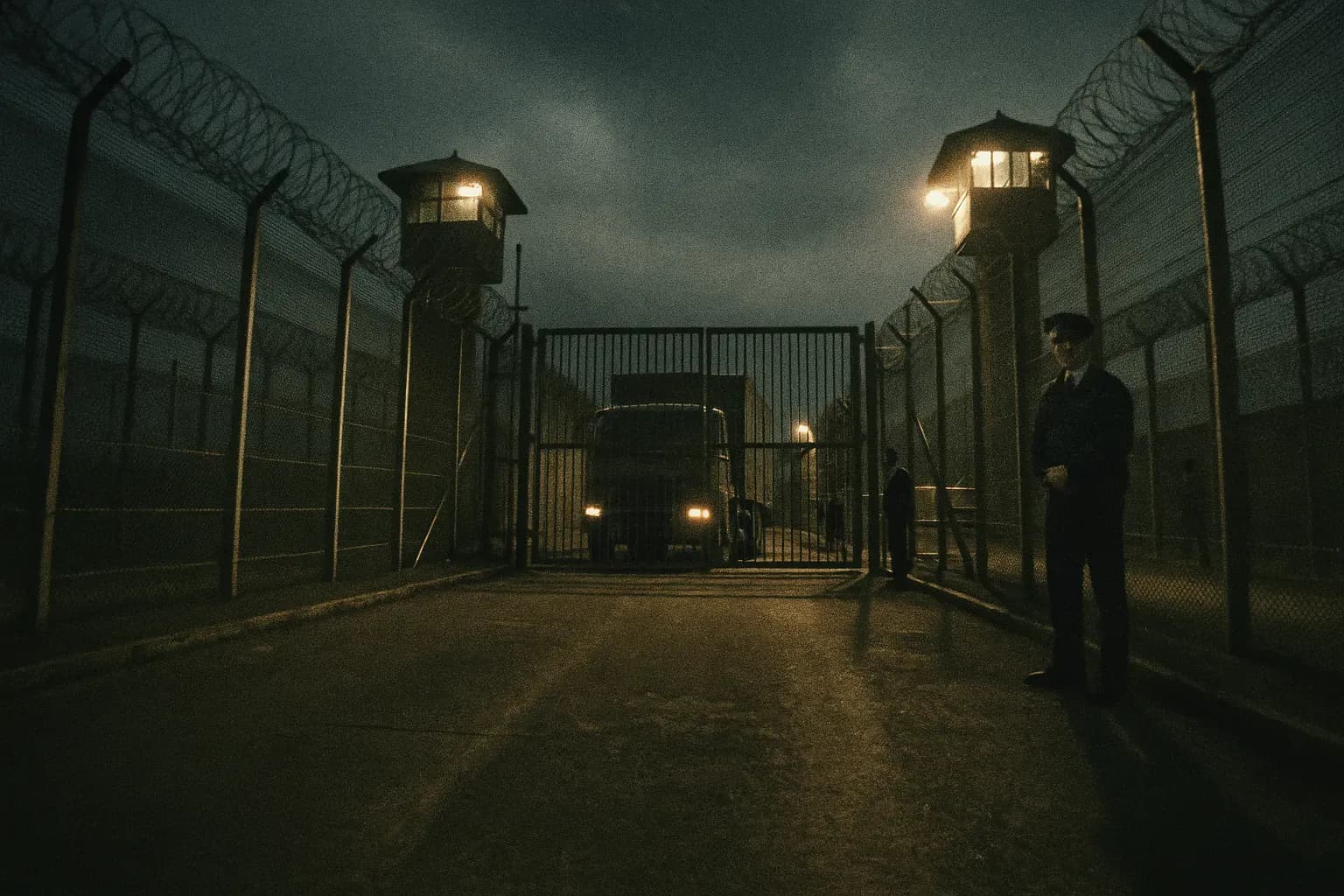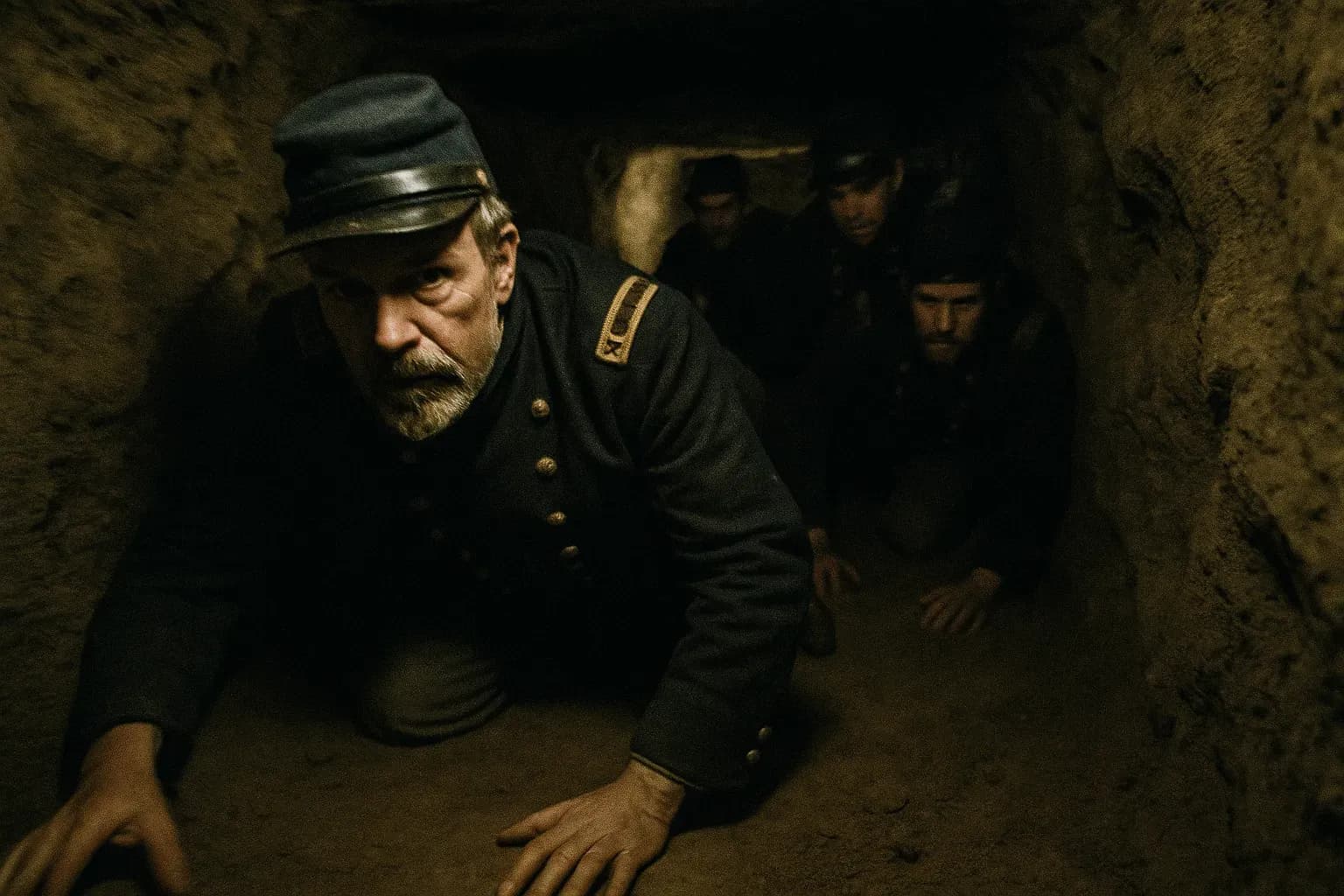
Military
Uniformed Crime, Closed Systems, and Special Laws in Investigations
When crimes are committed in the shadow of the uniform: Delve into the closed world of military crime, special laws, and the complex cases that rarely reach the public.
Uniformed Crime, Closed Systems, and Special Laws in Investigations
Crime in uniform: Military cases are complex and closed
Military in a true crime context refers to criminal acts that directly involve military institutions, personnel, or specific operations, either as the crime scene, perpetrators, or victims. These cases are often characterized by a unique dynamic due to the military's hierarchical structure, access to weapons, strict disciplinary codes, and a sometimes insular culture, which can complicate both the nature of the crime and the subsequent investigation. The crimes can vary enormously, from internal cases of theft of military equipment, fraud, violence, and sexual assault within the ranks, to more serious acts such as homicides committed by or against soldiers, and even war crimes during armed conflicts where the boundaries of acceptable conduct are crossed. Military installations and operations can themselves become crime scenes, where the special circumstances and often isolated locations create unique challenges for solving the crime.
Special laws and silence in military crime investigations
The investigation of crimes in the military often differs significantly from civilian cases. Many countries operate with a separate military justice system and their own military police units, which have primary jurisdiction over crimes committed by active-duty personnel or on military territory. This parallel legal system can involve different investigative procedures, rules of evidence, and sentencing guidelines, which may seem opaque to outsiders. Furthermore, the strong esprit de corps and culture of loyalty within military units can inadvertently lead to cultures of silence, making it difficult to uncover the truth, especially in cases of abuse of power or assault. The international dimension of military operations can further complicate cases when crimes are committed across national borders, and questions of jurisdiction and international law become central.
Responsibility and justice: The importance of military cases
Understanding the role of the armed forces in criminal acts is therefore crucial, as it sheds light on the complex interplay between individual behavior, institutional culture, the potential influence of war trauma, and the unique legal frameworks that define justice within the armed forces. These cases often raise fundamental questions about accountability, power, and the protection of both individual rights and societal security, underscoring the continued relevance of scrutinizing and understanding crime in a military context.
What happens when crimes are committed within the Military? Explore cases of abuse of power, theft of equipment, and violence in uniform. Delve into real-life military cases – find our intriguing case studies below.








